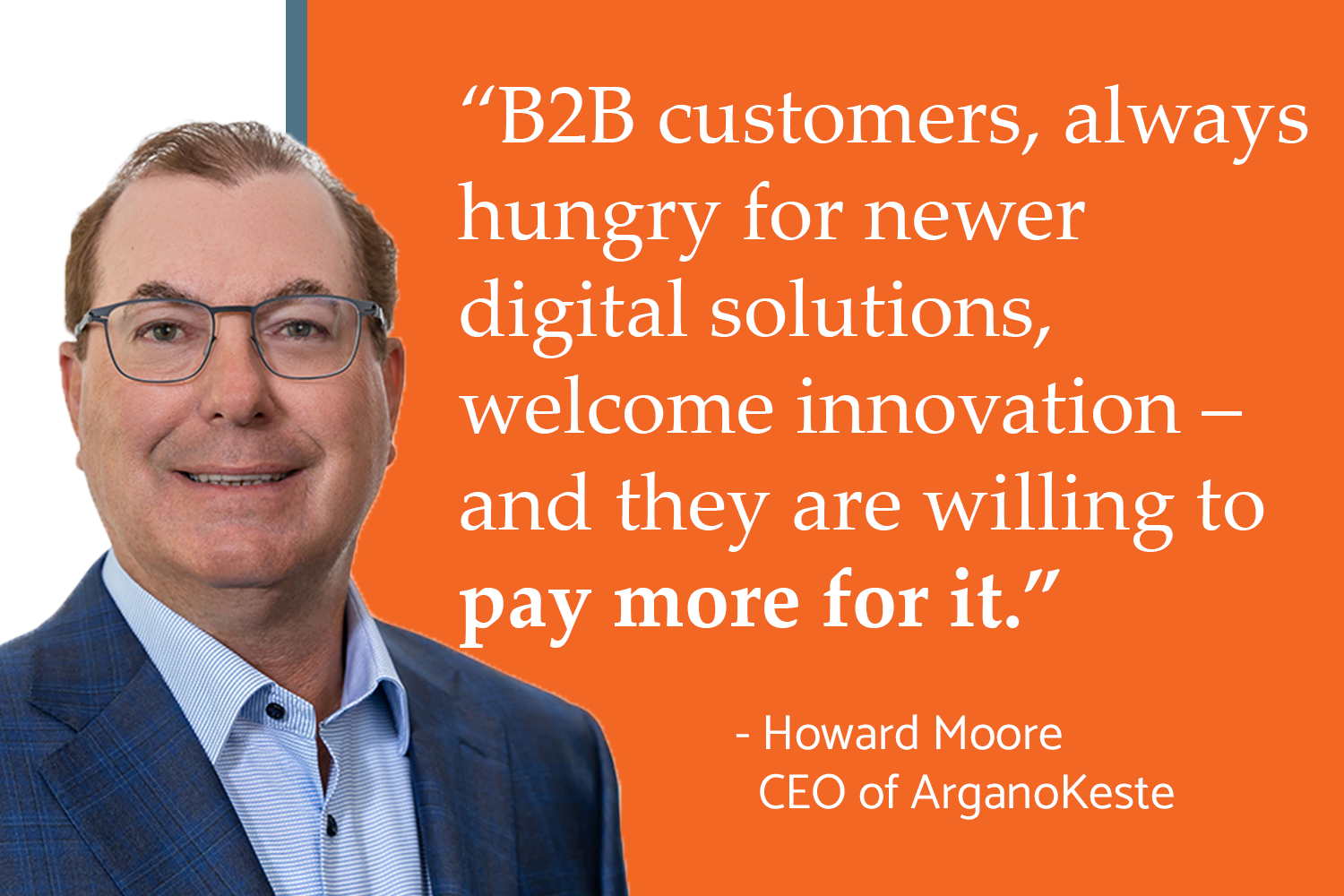Important Considerations to Drive B2B Digital Commerce in 2021
The global e-commerce market is expected to grow at a compound annual growth rate (CAGR) of 11.1% from 2018 to 2025 and will reach up to $24,265.12 billion by 2025. It is also projected that the B2B digital commerce market will be two times bigger than the B2C market in 2020. With those staggering numbers, it is critical for B2B organizations to be innovative in their digital commerce approach to get ahead of the competition.
As you think about optimizing your digital commerce operations, here are a few considerations to help accelerate your digital sales and reduce customer churn.
It’s time to hang up your legacy system for modern platforms
If you’re holding onto your legacy systems, you might be doing more harm than good. While you may get by with system patchworks or workarounds, you could ultimately jeopardize your organization by not having the important business drivers and differentiating capabilities of new-age digital commerce platforms.
B2B has often lagged behind the more technically savvy, user-friendly B2C organizations, and it’s important for B2B companies to look to lessons learned by leaders in the B2C space. Digital commerce channels that drive the most results provide exceptional partner and customer experiences powered by new technologies.
Modern, cloud-based digital commerce platforms will streamline your complex sales processes and enable your business to sell more and faster with automation, go-to-market quickly, break down internal silos for cross-functional collaboration, enable instant, data-driven decision making with real-time analytics and reduce reliance on manual sales activities.
Choosing the right digital commerce platform for your specific business requirements is a big decision and it will have a long-term impact on your future growth. According to G2, a technology research organization, there are over 370 e-commerce platforms available for businesses. The top B2B digital commerce platforms include: Oracle and Salesforce.
Functionalities to look for in B2B digital commerce platforms include:
- Self-service capabilities
- Personalized buying experiences
- Guided-selling options
- Omnichannel functionality
- Custom catalogs and account hierarchies
- Configure, price, quote (CPQ)
- Contracts and Approvals
- Product and inventory management
- Subscriptions and renewals
- App integrations
- Real-time reporting capabilities
Create meaningful engagements with your partners and customers in every channel
Digital is everywhere, and it is no longer associated with a device. Your B2B digital commerce experience needs to be omnichannel – accessible and consistent in every channel your partners and customers can interact with your company.
A unique advantage omnichannel offers is buy online pick up in-store (BOPIS). BOPIS lets B2B or B2C companies mix their online and in-store experience while offering a more convenient way to shop. A partner or customer can order online and have the item shipped to a store that’s nearest to their location.
If you have an agile approach to your digital commerce transformation, seamless mobile channels need be a priority as a significant amount of B2B business is done through mobile today.
- 50% of B2B queries today are made on smartphones.
- Mobile drives or influences an average of over 40% of revenue in leading B2B organizations.
Deploy intuitive partner and customer interfaces
The objective of a B2B site is no different than a B2C — the offering may vary, the decision- maker may differ, but the result is the same — to sell products/services while gaining market share.
As more and more B2B buyers are looking for their B2B buying experiences to match the convenience of their personal shopping experiences, you should evaluate and implement B2C commerce functionality to creating frictionless partner and customer experiences. Examples include:
- Responsive design that works across all channels and devices. Understanding user interface design (UX) to create a guided experience that offers customers a logical flow of pages/sections and intuitive navigation.
- Personalization a one-on-one custom-made experience.
- Self-serve any task the customer can provide themselves. Customers can also gain control over their purchases.
- Live chats customers can ask questions to a live representative of your company.
- Chatbots to conduct chat conversation or text-to-speech instead of having direct contact with a live representative.
- Widgets digital signage that’s typically live data displayed on websites that auto-updates. Customizable, simple can capture potential customers who need, or are looking for your services.
- Educational Content that explains industry problems, how-to scenarios, or job-related tasks.
- Search filters that allow for special attributes allowing customers to easily find and sort through the complex products on your site.
Your future digital commerce experience
As a B2B organization, you need to take every measure to ensure a lasting first impression, a seamless digital experience and satisfying service that continues to deliver in the long run. By investing in modern digital commerce technology and process improvement, B2B organizations provide fast, simple and efficient experiences that enable lasting relationships to develop with their partners and customers.
As digital commerce transformation can be costly, it’s understandable that B2B companies often struggle with outdated e-commerce systems and processes. With B2B competition primarily running on experiences, B2B companies can no longer rely on their product offerings or name recognition to get by. Successful B2B companies need to focus on partner and customer experiences and embrace their perception as reality.
For more on how you can successfully prepare your business for the future of digital commerce, contact us today.









